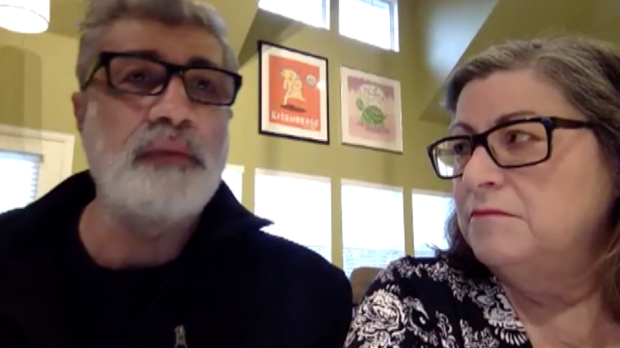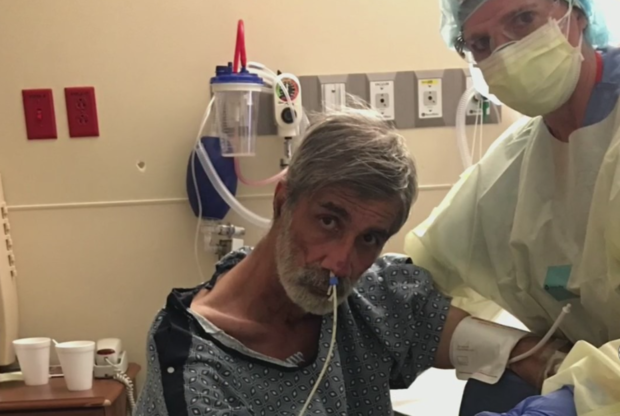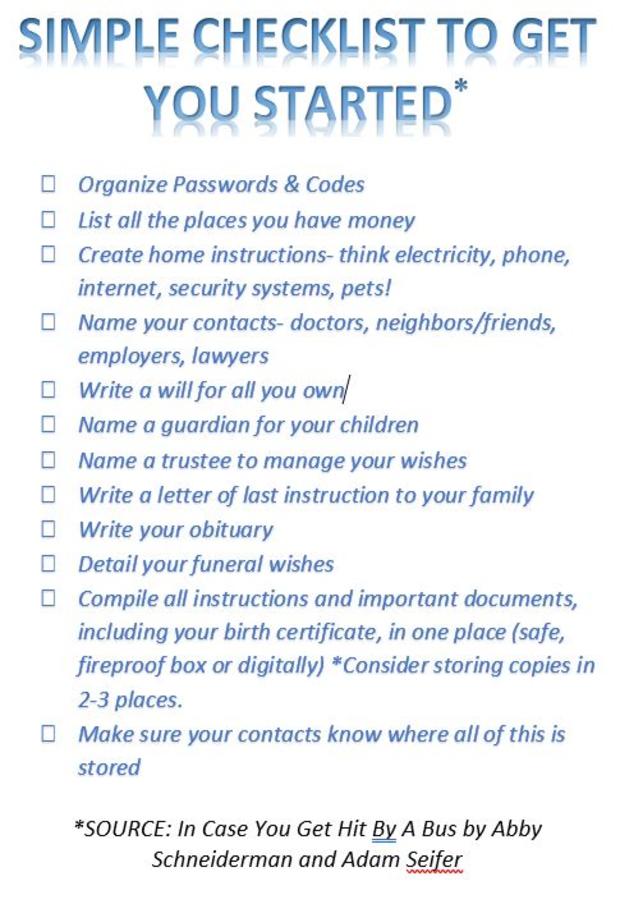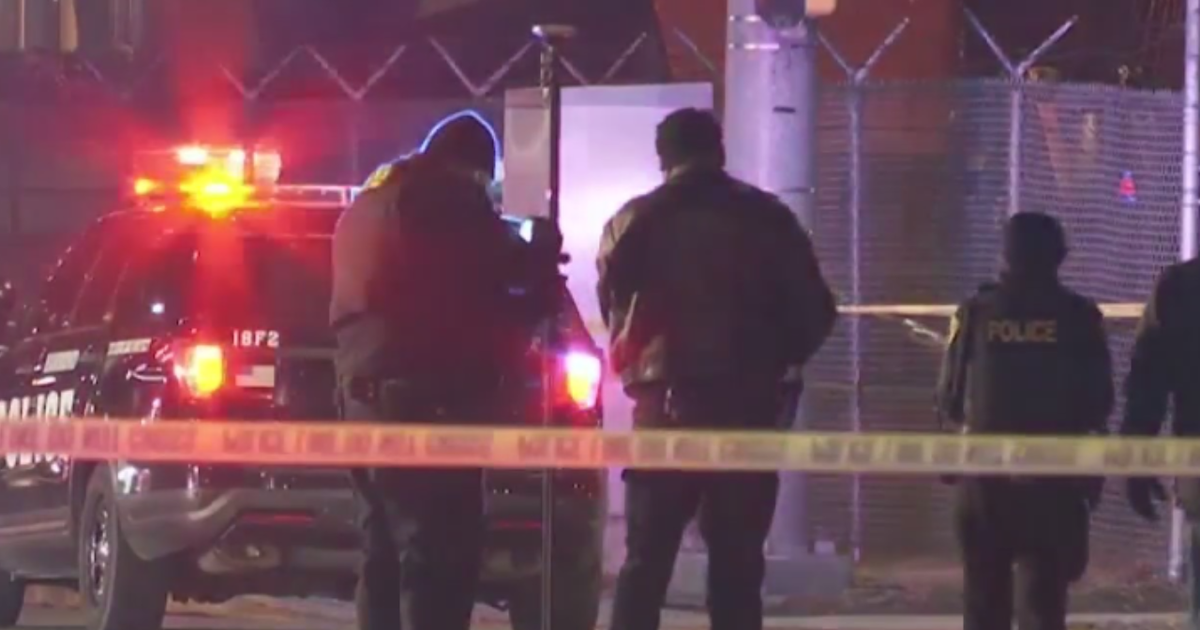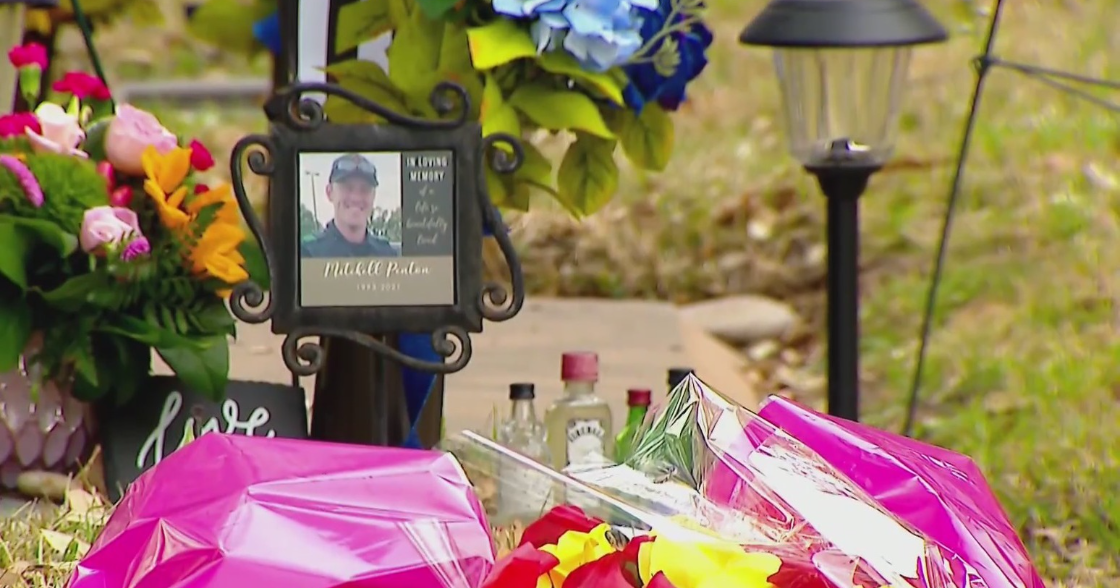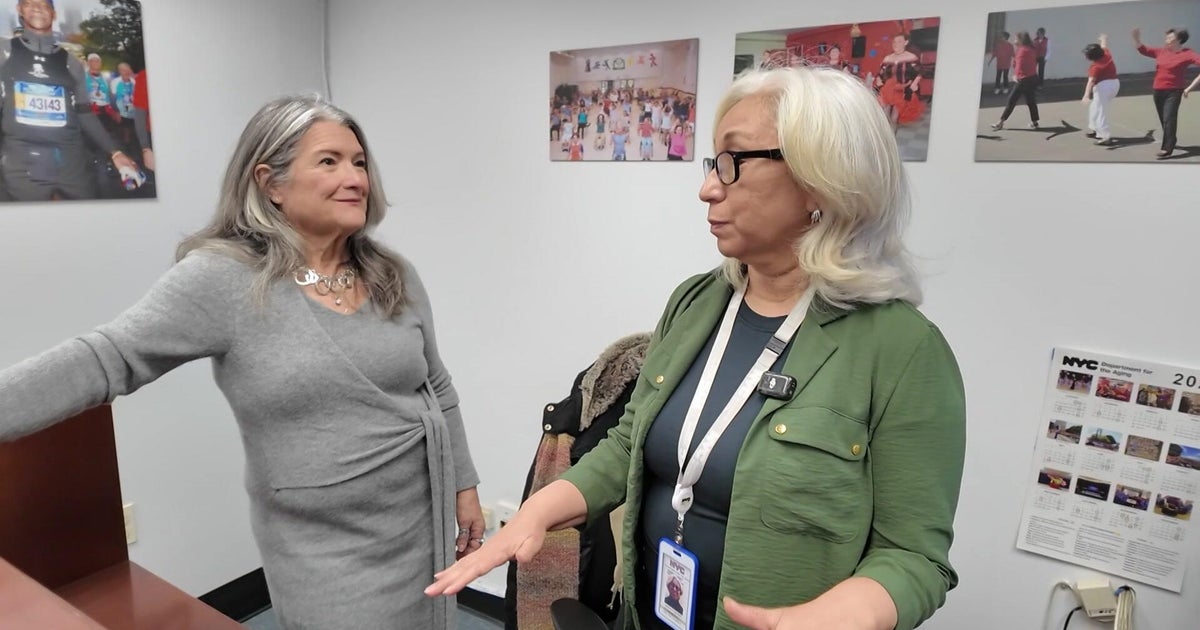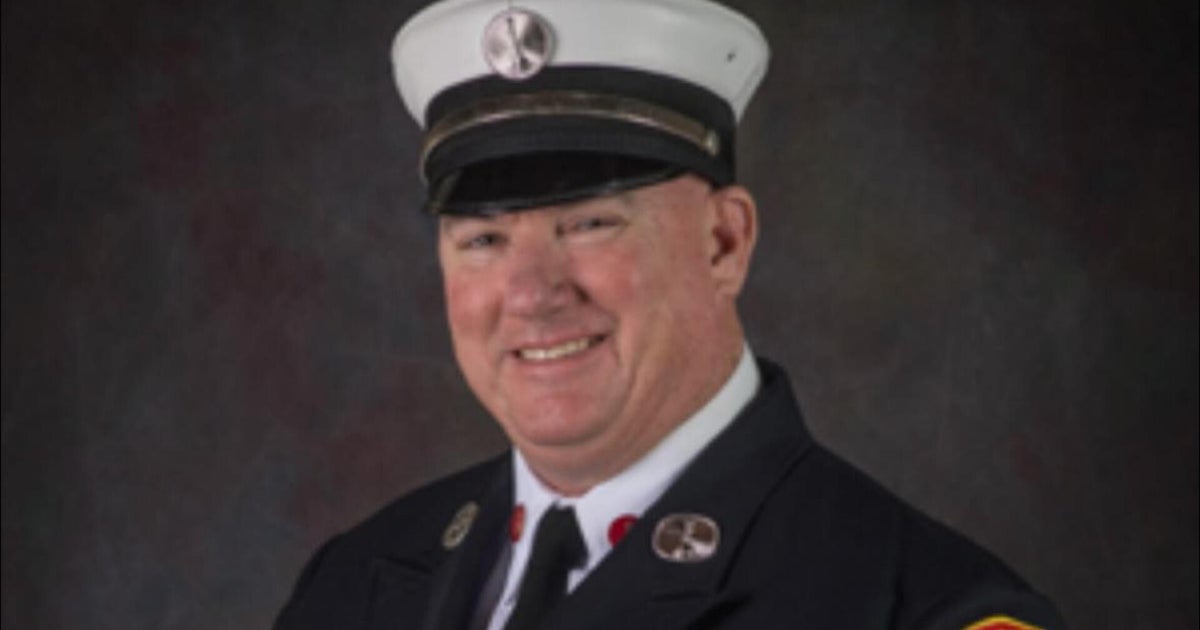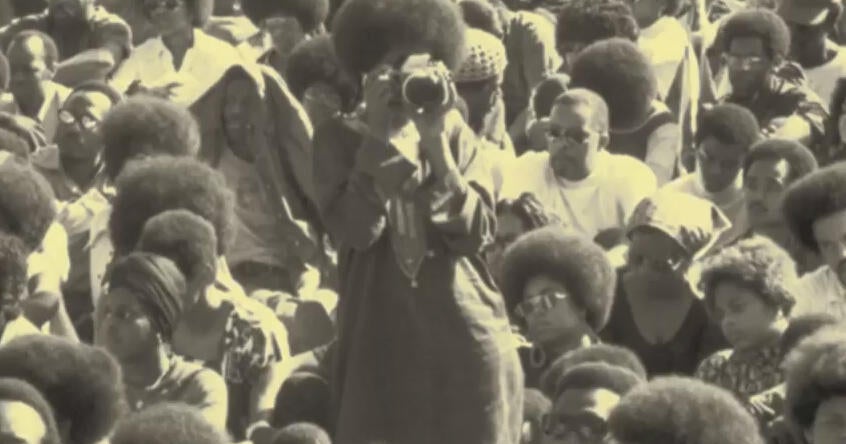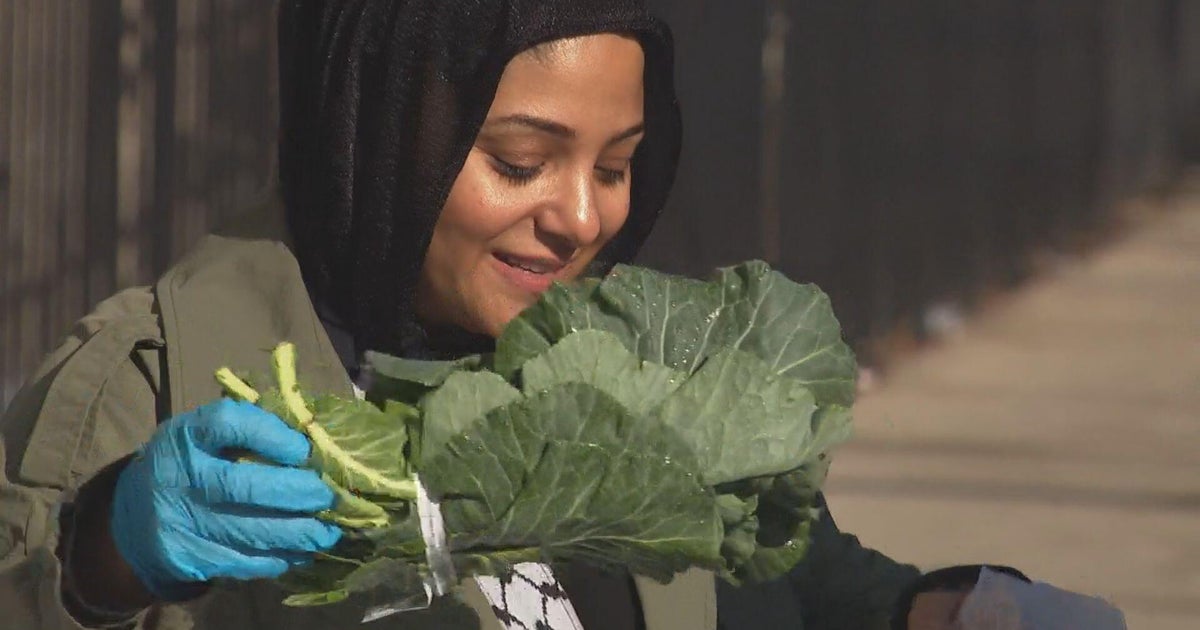If You Died Tomorrow, Would Your Family Be Prepared?
DALLAS (CBSDFW.COM) - It's been almost one year since doctors told Vickie Eisenberg and her husband, Esmaeil Babaahmadi, they had COVID-19.
Very little was known at that time about the virus that would cause a major pandemic. Their son also knew very little about what was about to happen to him.
"I remember collapsing on the bed next to him and thinking, 'Oh my gosh, what's going to happen to us?'"
Eisenberg said she suddenly realized she and her husband were about to be very sick.
"He was on the ventilator and all intubated and in a coma and I held his hand and said, 'You're the love of my life, don't leave me,'" she explained smiling and turning to her husband as they both held back tears.
Babaahmadi spent 30 days in the hospital and 23 of them in a coma.
Eisenberg was also hospitalized in the ICU, but she recovered much quicker.
"Arlo really took over for our lives," she explained.
"They were preparing us for the worst," said their son Arlo Eisenberg. "Even though he only lives an hour away, Eisenberg realized how little he knew about his parents."
From important financial information to personal details- such as neighbors' names- to passwords, he realized how much he needed to learn.
"Not until tragedy strikes or someone passes that people think about these things," he said.
Eisenberg's own cousin and her business partner had been thinking about these things for a decade.
Long before COVID-19 hit, Abby Scheniderman and Adam Seifer wrote In Case You Get Hit By A Bus.
Both authors emphatically deny that book is morbid.
They know it sounds that way but Schneiderman smiled saying, "The idea is that you never know when something is going to happen and so it's better to have done a little preparation ahead of time."
"COVID has certainly created more of an awareness around the fact that there is a need to have planning and you never know when something is going to happen," said Seifer.
The two are cofounders and co-CEO's of Everplans, a company which focuses on digital estate planning.
The book highlights much of what they help people do.
The front cover states "How to Organize Your Life Now for When You're Not Around Later."
Among the takeaways - think of all the passwords that could completely lock someone out of your life- not just financial accounts and websites - but also your phone and computer.
The authors suggest thinking about the quirks in your household someone might need to know if something happened to you.
It could be as simple as a caring for a pet.
"Are there any important contacts in your life that would need to get a notice in the event of an emergency? Is there someone at your work? An employer. Is there a doctor? Is there a neighbor?" said Schneiderman.
"Another big takeaway is communication. You can do all the planning in the world and if nobody knows about it you can end up like you didn't do it," explained Seifer.
Jim Lacamp also believes in sharing your list and planning. "Every family should have a checklist."
The Senior Vice President and Financial Advisor at Morgan Stanley has been providing tips similar to these since 1985.
"You need to have a list that includes who your funeral home is going to be. Do you want to prepay for that? Are you going to do an obituary? Did they have an attorney? Did they have a will? Do they have an executor to that will?" explained Lacamp.
Lacamp says the list should also include:
-Who has your birth certificate?
-What is your social security number?
-Where are your social media accounts & passwords?
-How are your pictures stored?
Lacamp says financial advisors and planners can help you, but there are many other resources at your fingertips.
"That's what I do and I'm going to tell people to do that, but there are a lot of good online resources."
And those online resources also often include safe places to store all this information.
"One of the worst places to store them is in a safe deposit box at a bank, because if that is frozen or someone can't find the keys for some reason, they cannot get into." Karl Eggerss recommends a fireproof box at home or an online service. He is a senior weather advisor and partner at Covenant.
Covenant provides digital vaults- secure sites in the cloud where you can share your documents with whomever you choose.
"They know if something were to happen to mom or dad for example this is where I go. This tells me who the advisors are. This tells me where the title to the car is...all those things are listed out in one location," said Eggerss.
One year later, Arlo Eisenberg's parents are still working on organizing, but they say they are much better off than they were in the beginning of 2020 when the pandemic rocked their world and almost took their lives.
"When mom and (dad) were in ICU... we could have had all those things in order," said Arlo Eisenberg.
Vicki Eisenberg says she had basic paperwork together but there were things "that never crossed (her) mind." Even now, she's still thinking of to-do's to add to the list. She says her latest thought was magazine subscriptions.
"Fortunately, we came out of this alive but...that gave us a chance to see what might happen and be prepared."
Using experts and the book, In Case You Get Hit By A Bus, the I-Team put together the following checklist to get you started:
